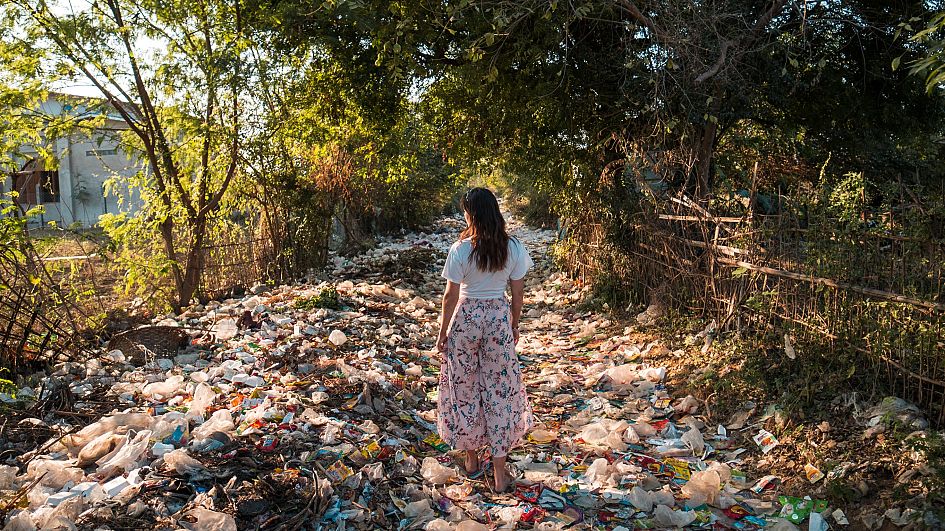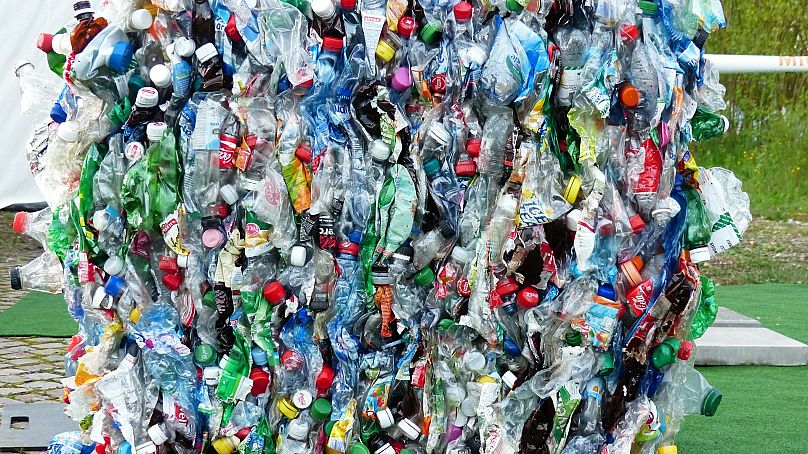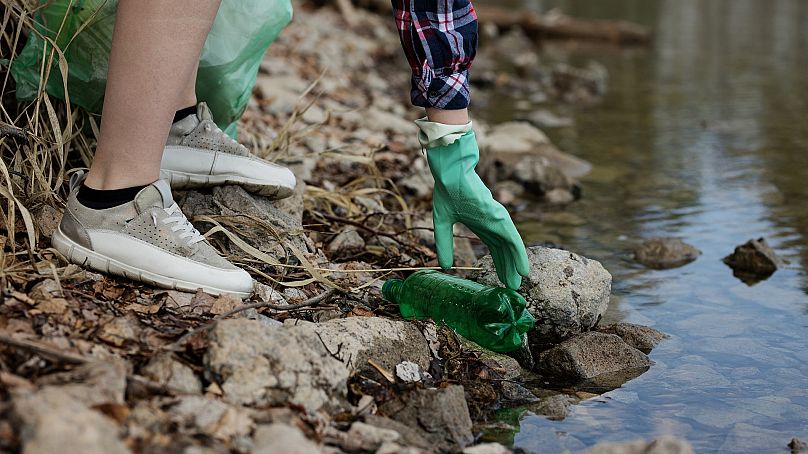Breakthrough means plastic can be recycled hundreds of times
Scientists
have figured out a way to recycle plastic hundreds of times without
losing the quality of the material. Currently, most plastics can only be
recycled two or three times before the quality degrades so much that it
becomes unusable.
Researchers at the University of Bath figured out the method to recycle plant-based plastics (PLA), which are not yet recycled at all in the UK.
“Most plastic is currently recycled using mechanical methods, where they are chipped into granules and melted down before being moulded into something new,” said Professor Matthew Jones, from the Centre for Sustainable & Circular Technologies.
“The problem is, melting plastic changes its properties, and reduces the quality, which limits the range of products in which it can be used.”
This means that plastic drinks bottles will not be recycled into new drinks bottles but used to make lower grade products such as water pipes, park benches and traffic cones.
“Our method of chemical recycling overcomes this problem by breaking down plastic polymers into their chemical building blocks, so they can be used all over again to make virgin plastic without losing any properties,” Jones added.
The researchers recycled plant-based PLA, which is made from starch or crop waste instead of petrochemicals and is used in “biodegradable” food packaging and disposable cutlery and cups. The team has also started trialling a similar process for recycling PET, which is used for drinks bottles.
At the moment, around 45% of plastic waste is recycled annually in the UK and is on the increase. The scientists are working to make their method of breaking down plastics for more effective recycling techniques available on a large scale to curb the plastic crisis.
“PLA is being increasingly used as a sustainable alternative for single-use plastics,” said Dr Paul McKeown from the University of Bath. “Whilst it’s biodegradable under industrial conditions, it doesn’t biodegrade with home composting, and isn’t currently recycled, so it commonly ends up contributing to the tonnes of plastic waste in landfill and oceans.
“There is no single solution to the problem of plastic waste – the approach has to be a combination of reducing, reusing and recycling. Our method of chemical recycling could allow carbon to be recycled indefinitely - creating a circular economy rather than digging more up from the ground in the form of fossil fuels or releasing it into the atmosphere as a greenhouse gas.”
https://www.euronews.com/living/2020/02/04/breakthrough-means-plastic-can-be-recycled-hundreds-of-times
Researchers at the University of Bath figured out the method to recycle plant-based plastics (PLA), which are not yet recycled at all in the UK.
“Most plastic is currently recycled using mechanical methods, where they are chipped into granules and melted down before being moulded into something new,” said Professor Matthew Jones, from the Centre for Sustainable & Circular Technologies.
“The problem is, melting plastic changes its properties, and reduces the quality, which limits the range of products in which it can be used.”
This means that plastic drinks bottles will not be recycled into new drinks bottles but used to make lower grade products such as water pipes, park benches and traffic cones.
“Our method of chemical recycling overcomes this problem by breaking down plastic polymers into their chemical building blocks, so they can be used all over again to make virgin plastic without losing any properties,” Jones added.
The researchers recycled plant-based PLA, which is made from starch or crop waste instead of petrochemicals and is used in “biodegradable” food packaging and disposable cutlery and cups. The team has also started trialling a similar process for recycling PET, which is used for drinks bottles.
At the moment, around 45% of plastic waste is recycled annually in the UK and is on the increase. The scientists are working to make their method of breaking down plastics for more effective recycling techniques available on a large scale to curb the plastic crisis.
“PLA is being increasingly used as a sustainable alternative for single-use plastics,” said Dr Paul McKeown from the University of Bath. “Whilst it’s biodegradable under industrial conditions, it doesn’t biodegrade with home composting, and isn’t currently recycled, so it commonly ends up contributing to the tonnes of plastic waste in landfill and oceans.
“There is no single solution to the problem of plastic waste – the approach has to be a combination of reducing, reusing and recycling. Our method of chemical recycling could allow carbon to be recycled indefinitely - creating a circular economy rather than digging more up from the ground in the form of fossil fuels or releasing it into the atmosphere as a greenhouse gas.”
https://www.euronews.com/living/2020/02/04/breakthrough-means-plastic-can-be-recycled-hundreds-of-times


